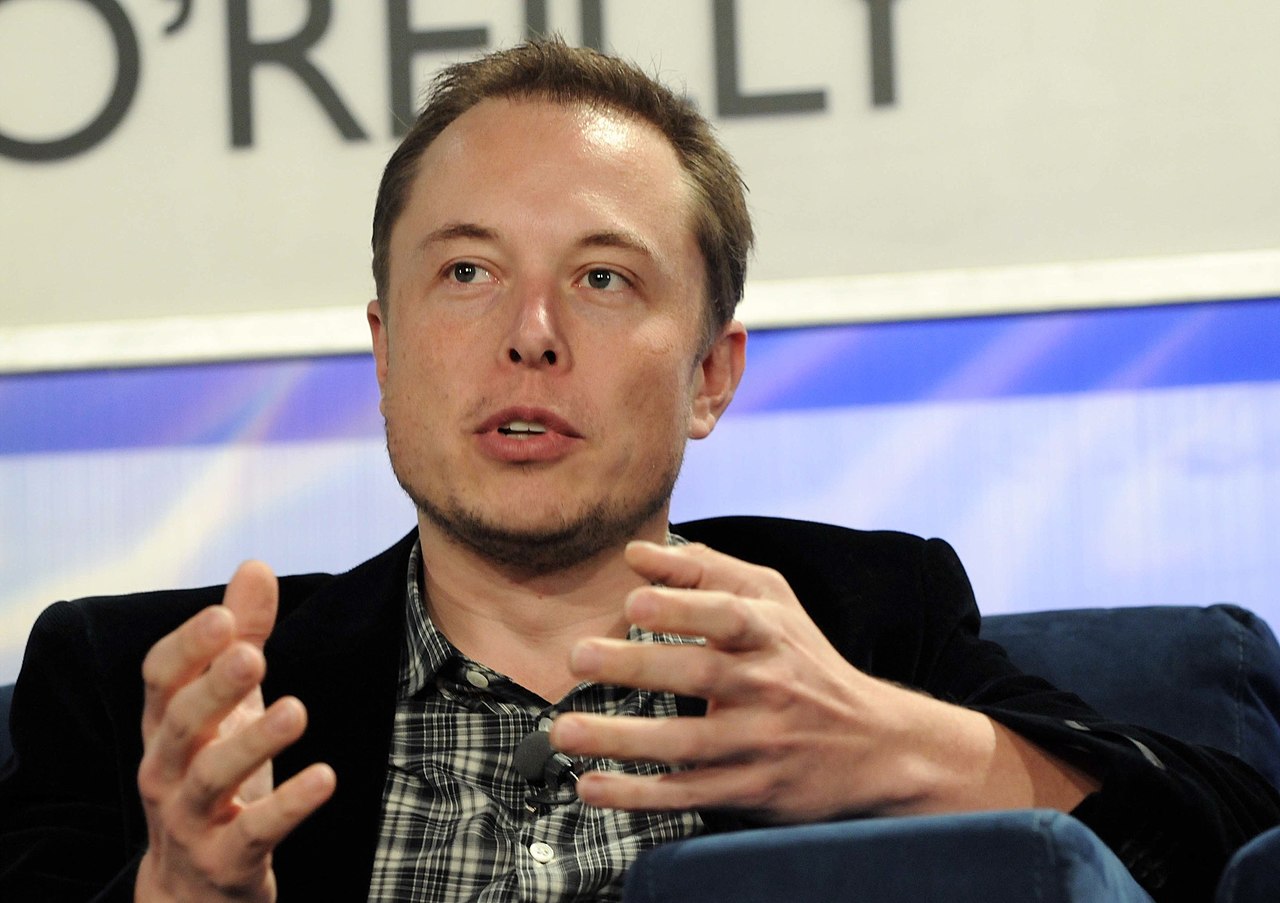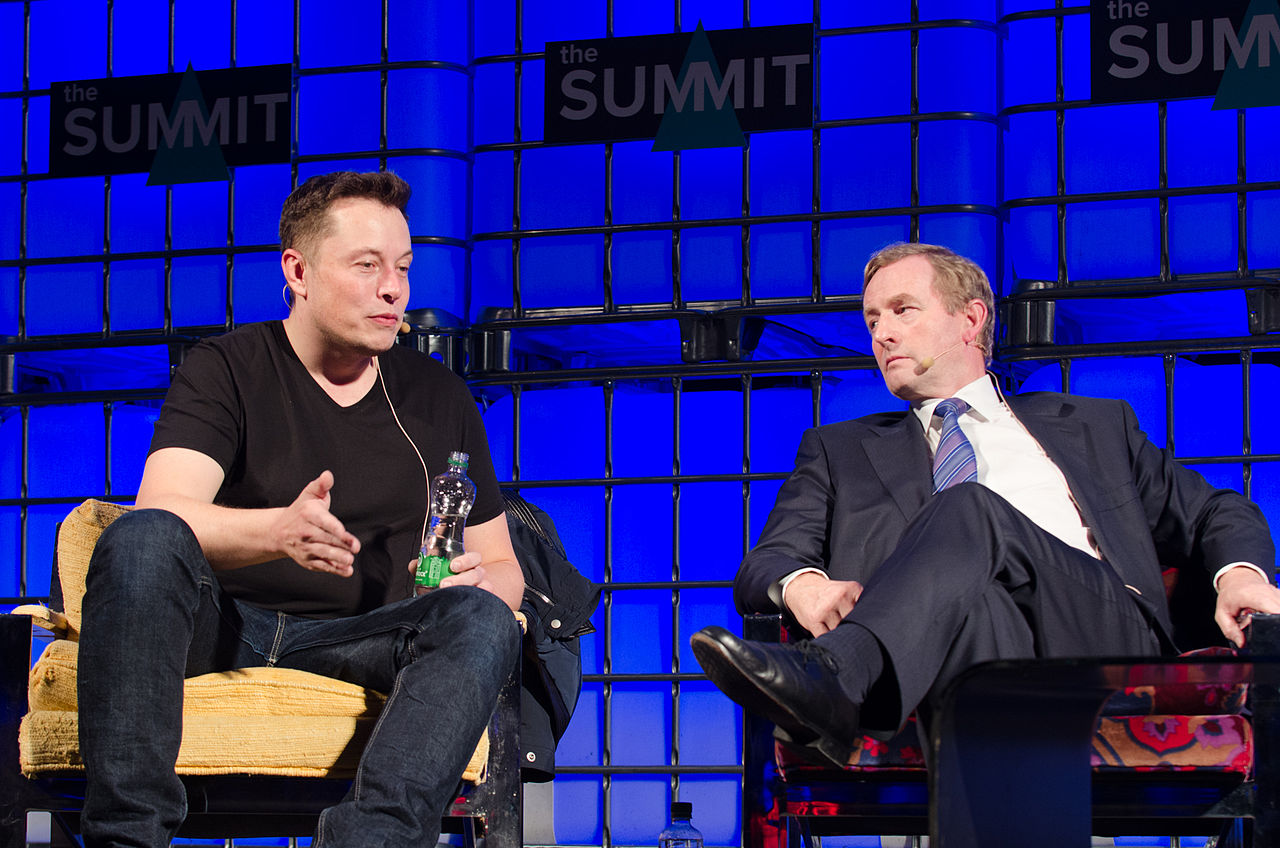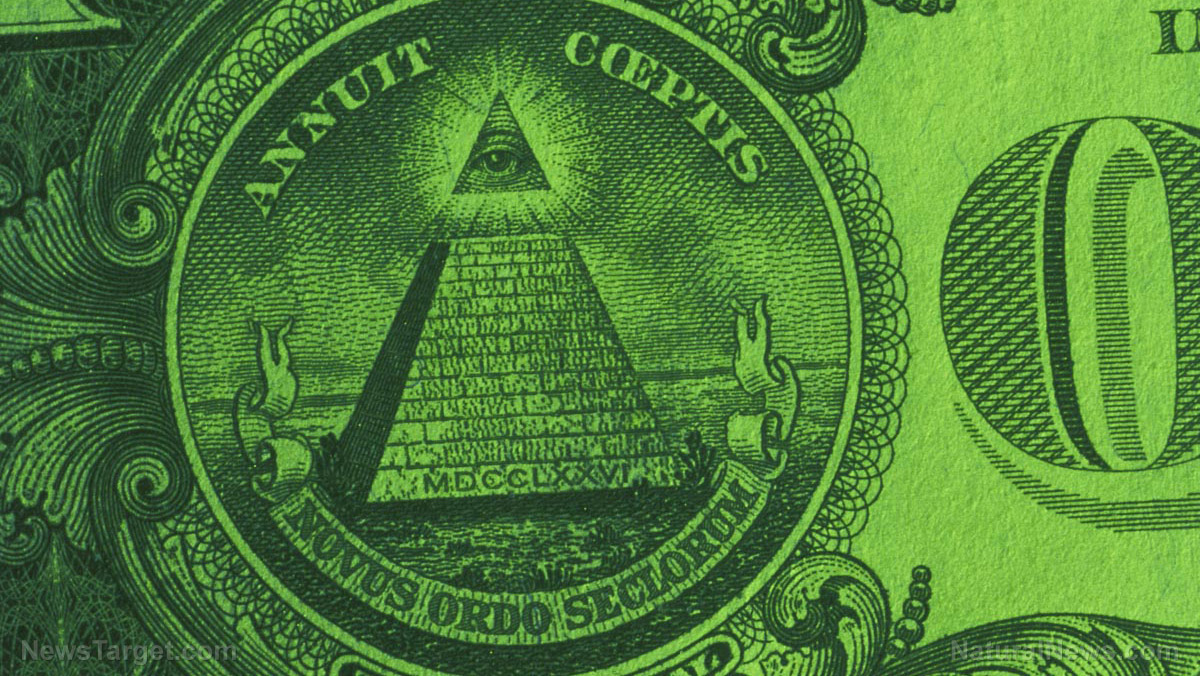Government targeting offshore wealth of tech giants; billionaires very quiet about getting wealth taxed
05/20/2021 / By Arsenio Toledo

Tech giants like Microsoft and Apple have disclosed making more than $100 billion in profit outside the United States in their previous fiscal years. This wealth is being targeted by the federal government’s recent proposals to boost taxes on wealth stashed overseas.
There is currently a proposal in the federal government to tax the offshore wealth of multinational corporations, including of big tech companies like Microsoft, Apple and Amazon. (Related: Powerful, wealthy corporations continue to pay NO federal taxes while Biden plans to sock it to wage earners to fund more COVID bailouts.)
The proposal targets a tactic used by large multinational corporations to avoid paying taxes by storing important profit-generating assets in offshore tax-havens. This is a very common practice in the tech industry because its main assets – including patents, software code, and other intellectual property – are much easier to move around than physical income-generating assets like factories.
These assets are already taxed by former President Donald Trump’s 2017 Tax Cuts and Jobs Act, known as global intangible low-taxed income (GILTI).
There is a proposal to double the tax rate on GILTI from the 10.5 percent it is currently taxed to 21 percent. The Tax Foundation, a conservative and business-friendly tax policy-oriented think tank, estimates that this proposed change could increase corporate tax bills by almost $300 billion over a decade. Much of this cost would most likely fall on the tech sector.
For example, under the current proposal, Microsoft’s annual GILTI tax bill would double to around $2 billion. In 2020, Microsoft got 86 percent of its foreign pretax income from operations based in Puerto Rico and Ireland, which have far lower corporate tax rates than the United States.
Another tax proposal included a 15 percent “minimum book-tax” on large corporations that report high profits and have little taxable income. This will mostly affect tech companies, who have low effective tax rates due to a variety of deductions for stock-based compensation, foreign credits and tax breaks on research and development.
Daniel Bunn, vice president of global projects at the Tax Foundation, said the minimum book-tax proposal would create the biggest impact for tech companies. “This would likely hit some companies much harder than the current tax system,” he said.
If the book-tax existed in 2020, Google would have paid $847 million more, Amazon would have paid $1.2 billion more and Apple would have coughed up an extra $3.8 billion.
Tech billionaires silent about the possibility of paying more taxes
Tech billionaires like Microsoft’s Bill Gates and Amazon Chairman Jeff Bezos have repeatedly stated before that they would be in favor of paying more money in personal or corporate taxes – at least theoretically. But when confronted with a series of different proposals, both on the federal and the state level, that would target their wealth specifically; they have chosen to remain quiet.
Their quiet demeanor has been contrasted with Intel CEO Pat Gelsinger, who has criticized proposals to raise taxes on his company.
“We’re trying to step forward in a dramatic way, a decade-shaping way,” said Gelsinger. “Now is not the time to tell me ‘I’m going to give you a buck over here, and take two bucks over there.'”
Gates and Bezos have even stayed quiet regarding a first-of-its-kind proposal to tax the wealth of tech giants and billionaires at the state level in their home state of Washington. Other prominent billionaires in the state, such as Bezos’ ex-wife novelist MacKenzie Scott and Microsoft CEO Steve Ballmer, have also refused to speak regarding the proposed wealth tax.
“They have stayed very, very quiet during this conversation – and it’s not for lack of trying,” said State Rep. Noel Frame, the legislator behind the proposal to tax the personal wealth of billionaires in Washington. “I talked to folks who talk to them, and they have chosen not to engage.”
Frame’s proposed wealth tax would levy a one percent fee on all assets over $1 billion.
Tech giants like Gates and Bezos have all gotten much wealthier over the previous year when the stocks of big tech companies surged as the world was forced to rely more on computers and laptops and on delivery services. At the beginning of 2020, Gates, Bezos, Ballmer and Scott had about $320 billion in assets. Now, the wealth they all control has ballooned to $500 billion.
The silence of the billionaires, especially of Gates and Bezos, has concerned activists who want to rein in the power of big tech, especially since Gates, Bezos and Ballmer claim to support paying more in taxes. These activists want to know if their rhetoric is just rhetoric or whether they are willing to back up their supposed beliefs with messages of support or donations to their campaign.
“Silence is consent,” said Chuck Collins, a scholar on inequality who used to collaborate with Bill Gates Sr. to push for higher taxes. “Here’s the proposal that your state legislature is considering. Yes or no? Where do you stand?”
Gates and Bezos have not said anything about the proposed wealth tax, but Gates has in the past supported substantially higher rates on things like federal estate taxes, capital gains taxes and state income taxes in Washington. Bezos, on the other hand, has consistently opposed higher taxes. He has previously donated to a group that opposed the creation of a state income tax in Washington.
Learn more about how tech giants are avoiding paying their fair share in taxes by reading the latest articles at TechGiants.news.
Sources include:
Submit a correction >>
Tagged Under:
Amazon, Big Tech, bill gates, billionaires, corporations, economy, finance, Jeff Bezos, Microsoft, tax, tax hike, taxation, taxes, tech giants
This article may contain statements that reflect the opinion of the author
RECENT NEWS & ARTICLES
COPYRIGHT © 2018 TECHGIANTS.NEWS
All content posted on this site is protected under Free Speech. TechGiants.news is not responsible for content written by contributing authors. The information on this site is provided for educational and entertainment purposes only. It is not intended as a substitute for professional advice of any kind. TechGiants.news assumes no responsibility for the use or misuse of this material. All trademarks, registered trademarks and service marks mentioned on this site are the property of their respective owners.





















